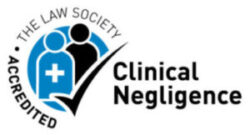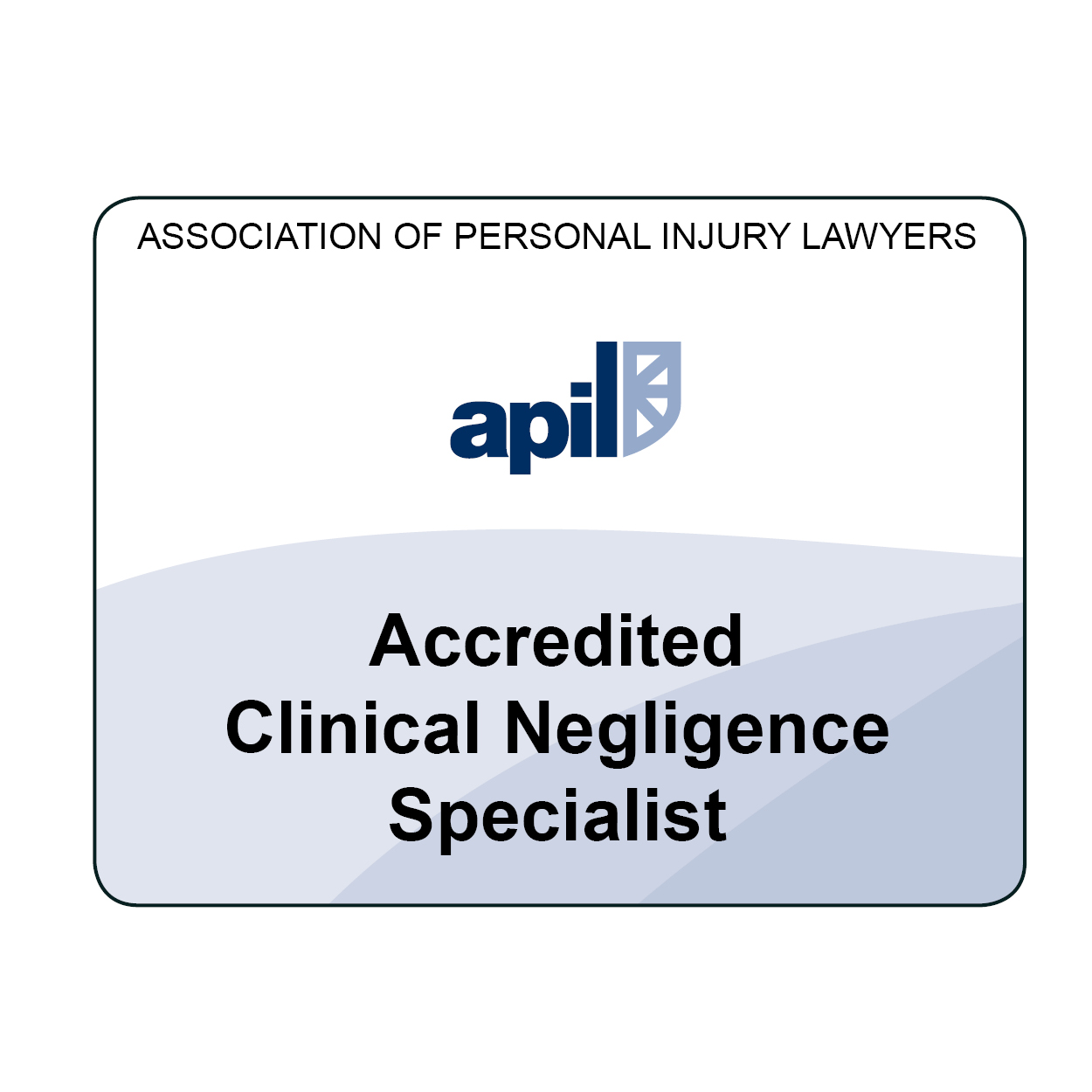PTSD can be treated in many ways. The most common therapies we read about are Cognitive Behavioural Therapy (CBT), Eye Movement Desensitization and Reprocessing (EMDR) and sometimes medication, or a combined approach.
An interesting and very efficient and effective service is being provided by a charity called PTSD Resolution http://ptsdresolution.org/ which meets the needs of Veterans, Reservists, and their families. Rather than asking the patient to participate in group therapy, travel far or wait a long time, which is the case with other leading charities, the treatment is delivered on a one to one basis. There is a network of therapists all over the country so the patient does not have to wait or travel far in order to receive treatment. In some cases where patients do not have the funds for their own treatment, the charity meets the costs in order to put the patient and their recovery first.
PTSD Resolution uses a type of trauma-focused CBT, the mainstay of NICE-approved trauma therapy. However, it is important to emphasise that Resolution takes a whole-person view and does not apply any kind of ‘quick fix’ to trauma symptoms. Resolution therapists use the Human Givens framework to see where a person’s life is not working well and to tailor solutions for each individual using a combination of effective psychological interventions.
Therapy takes as long as it takes, and care is taken not to work too quickly. PTSD Resolution sees therapy as a self-adjusting, self-limiting, cooperative venture rather than something conducted according to a policy or protocol. Even so, the majority of cases are completed in under two months.
The ultimate aim is for the client to self-manage a life that works independently of therapeutic support. This goal is achieved by going through a series of steps, over a number of sessions:
- information-gathering in which the therapist will listen to the history as far as is necessary a) to formulate a treatment plan and b) to ‘hear’ the patient, while beginning to re-structure the meanings of these events;
- relaxation and breathing training to teach the patient how to regain control of his/her physiology;
- progressively re-exposing the patient to the sensory components of their traumatic memories, in a state of carefully controlled arousal and preferably without narrating, as part of a process of changing the emotional value of those memories and re-evaluating the meaning of those events;
- mentally rehearsing taking part in previously feared activities, preparatory to behavioural experiments between sessions or with the therapist;
- building and rehearsing a framework for life after therapy that will be emotionally satisfactory as informed by the Human Givens / self-determination framework. This may involve work on other areas of the client’s life including coping strategies, relationships, work and so on.
PTSD Resolution has been helping sufferers for over the past five years and over three-quarters of sufferers have seen their symptoms reduce to sub clinical levels.
Jason Brady at Blackwater Law helps military and ex-military personnel across the country to claim compensation for PTSD. Blackwater Law works with PTSD Resolution should a client need treatment for PTSD. Call Jason on 0800 083 5500 and talk to him about PTSD compensation claims.





